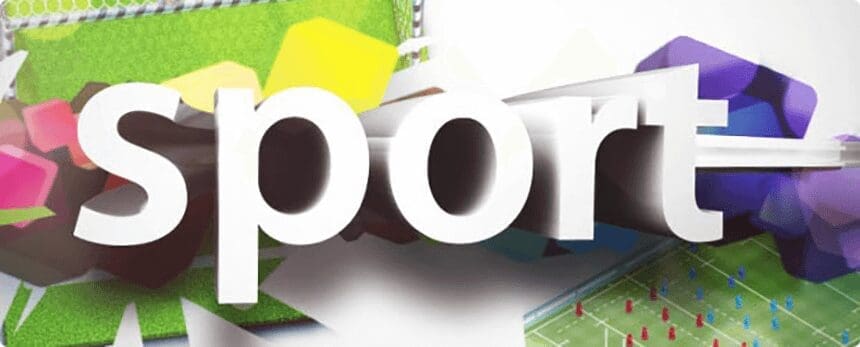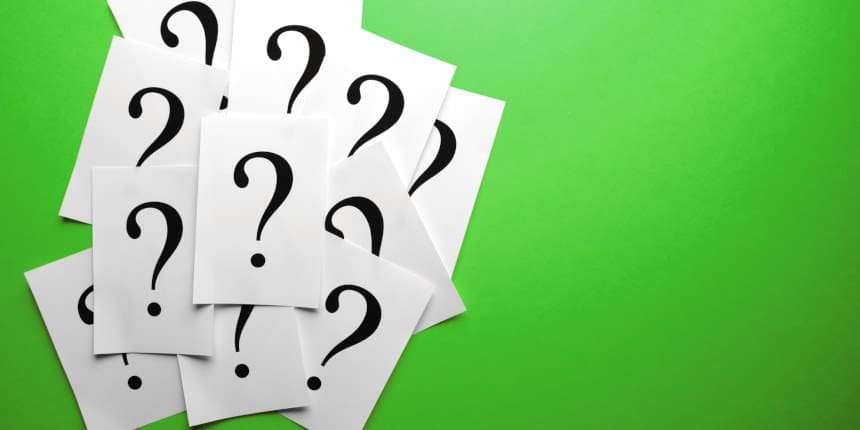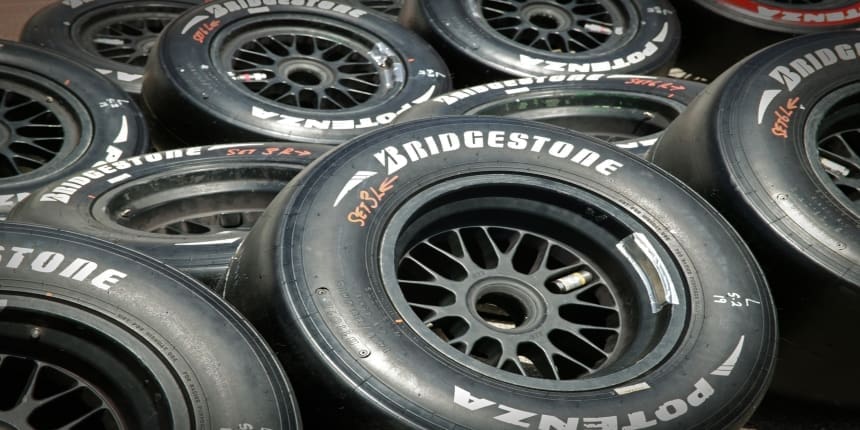
 Rio-what-promotional-opportunities-...
Rio-what-promotional-opportunities-... 
Unless you’re Coca-Cola, McDonald’s, Panasonic, Samsung or a few others, who have paid crazy amounts of money for the privilege of using the Olympics logo; your options for creating content around the Games are pretty limited, to say the least. Saying that, however, plenty of opportunities exist for smaller brands and businesses that are well prepared, organised enough to be creative and willing to do it right. Of course it’s likely that every Tom, Dick and Harry will be hoping for a slither of the Olympics advertising pie over the next few weeks, so thinking about ways to stand out from the crowd by creating content that is timely and really cuts through the noise, will be critical.  via Here are a few helpful tips for businesses wishing to maximise the opportunities available…
via Here are a few helpful tips for businesses wishing to maximise the opportunities available…
First off, what are the restrictions?
Full details are available in the Rio 2016 Brand Protection Guidelines for Advertising and Marketing, which lays out the 54 pages of guidelines brands must adhere to when building content around the event. In a nutshell: Logos and images: if your brand is not a sponsor, you’re prohibited from using the intellectual property of Games such as the official Olympic rings logo and the Paralympic Games agitos, the symbol of the Olympic Flame, and the Olympic motto of ‘Altius, Citius, Fortius’ which is Latin for ‘higher, faster, stronger’. Films, publications, presentations, images, music, artwork and visual elements created by Rio 2016 or other official Olympic and Paralympic authorities that relate to the Games will also be protected by copyright. These restrictions also apply to the visual assets of previous Games. Expressions: additionally, the International Olympic Committee (IOC) has registered some expressions which it retains the rights to, such as ‘Olympic Games’, ‘Paralympic Games’, ‘Rio 2016 Olympic and Paralympic Games’, ‘Rio 2016 Games’, ‘Rio 2016’, ‘Rio Olympiad’, ‘Rio 2016 Olympiad’, ‘XXXI Olympic Games’, among others, as well as their variations and translations. Only official brand sponsors are able to use these in their promotional content, along with associated hashtags such as #Rio2016 and #TeamUSA.. So referring to the Rio 2016 Olympic Games as the “biggest sporting event” of the year might be the only option for smaller brands and businesses.  via
via
Rule 40
The 40th rule historically dictated a blackout period in the run-up to and throughout the Games, during which non-sponsors were forbidden from featuring or mentioning athletes in any form of advertising. In February 2015, the IOC decided to relax these rules a little. The changes meant athletes could appear in generic advertising which did not explicitly mention the games or use any Olympic intellectual property (as described above). Athletes also are now allowed to tweet about non-official sponsors providing they refrain from using Olympic IP or corresponding hashtags. To take advantage of these changes, however, non-sponsor brands had to pitch in their plans for advertising and social media campaigns to the IOC by January 27, 2016, and ads must have been in-market by March 27. This was always going to be a bit of a gamble for smaller brands and businesses, committing to advertising investment so far ahead of the games; but for larger brands, it was an opportunity too good to miss. US sports clothing brand Under Armour has been one of the biggest brands to benefit from the relaxed Rule 40. Its ‘Rule Yourself’ ad starring Michael Phelps tells the story of the most decorated athlete in Olympic history as he trains for his last games.
Prepare for the events most likely to create viral buzz
Smaller brands and businesses would be well advised to be prepared, and plan for the events which are likely to make the biggest headlines, and stir up the most online chatter. For example, Usain Bolt will aim to win an unprecedented triple treble of gold medals this year (having won the 100m, 200m and 4x100m relay at the past two Olympics, he would be the first athlete to win the three titles at three consecutive Games. US swimmer Michael Phelps, the most decorated Olympian of all time with a total of 22 medals in three Olympics, will be another one to watch. For British brands, Olympic champions Jessica Ennis-Hill and Mo Farah will be looking to defend their 2012 titles, and if successful, these will be phenomenal events to have creative ready prepared for. Cyclists Chris Froome, recent winner of Tour de France, and Sir Bradley Wiggins who with seven medals, including four golds, is Britain’s most decorated Olympian (alongside fellow cyclist Sir Chris Hoy), with be other athletes likely to arouse a great deal of public interest. Being able to jump on these events, in real time, with pre-prepared content which respects IOC guidelines, will be like gold dust for smaller brands.
Be a part of the conversation
Smaller brands should be looking to dedicate as much resource as they can to monitoring online conversation relating to the Games, looking for appropriate situations to engage in dialogue around. Being authentic and relevant is critical, only commenting on events that resonate well with the company’s core brand values. Being timely in this dialogue is another must, as conversation around the Games will surely be fast-moving!
In conclusion
Stick to the rules! Facing reprimand by the IOC is not worth the gamble, and it’s expected the committee will be taking a firm line on these guidelines. As the Games kick off, no doubt it will be a tricky situation to regulate, but there are ways and means, and the IOC will no doubt have many measures in place already.

